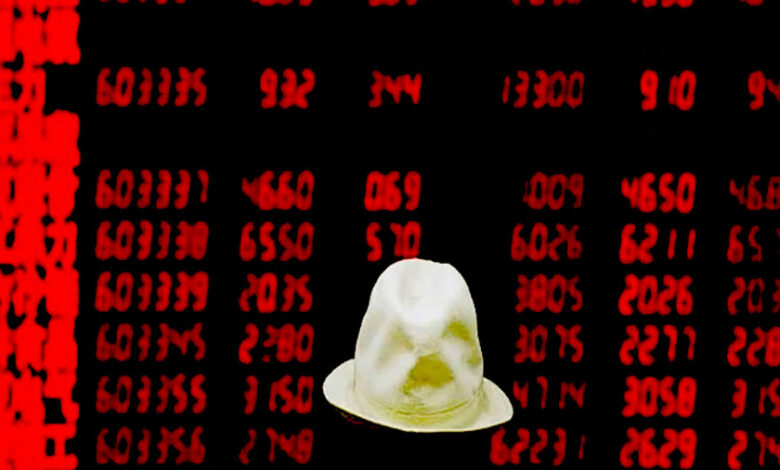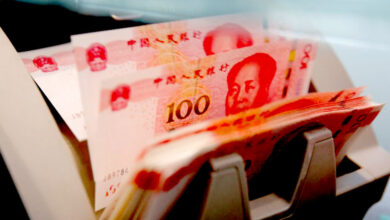Asian markets go up on rumours that Biden might roll back some tariffs on China.

HONG KONG – On Tuesday, Asian markets went up due to more rumours. US President Joe Biden is about to get rid of some of the tariffs that Trump put on Chinese goods. He is doing this because he wants to slow down inflation, but fears of a recession are keeping people on edge.
In the past few months, the mood on trading floors has become more and more gloomy. This is because observers are warning that sharp interest rate hikes, which are meant to stop prices from going up, could cause a recession, which would add to the uncertainty caused by Russia’s war in Ukraine.
Still, stocks went up on Tuesday because of rumours that the White House is about to get rid of tariffs on some of the hundreds of billions of dollars worth of Chinese imports. An announcement could come this week, according to rumours.
Some of the tariffs are about to end, so Washington officials have been talking about the measures with an eye on inflation, which is at its highest level in four decades.
And China’s state-run Xinhua news agency said that Treasury Secretary Janet Yellen and Vice Premier Lui He had talked, which could mean that something is going to happen.
“The two sides agree that because the world economy is facing big problems, it is very important to improve communication and coordination between China and the U.S. on macro-level issues,” the document said.
“And it’s in the best interest of both countries and the whole world for them to work together to keep the global industrial and supply chains stable.”
Reports also said that Biden was thinking about starting new investigations into industrial subsidies to make China hawks happy. This would allow for more targeted actions in strategic areas.
Hong Kong, Shanghai, Tokyo, Sydney, Seoul, Taipei, Wellington, Manila, and Jakarta were all in the positive.
“Inflation is still the White House’s biggest enemy,” said Stephen Innes of SPI Asset Management. “Investors are leaning toward a gradual rollback of some tariffs on China because it would lower the final costs for US consumers.”
But some experts said that even though traders would be happy to see some tariffs go away, it was unlikely that this would have a long-term effect on inflation.
Charu Chanana of Saxo Capital Markets said, “The markets are likely to react positively on a gut level because we are starving for any sign of good news right now.”
But we don’t think the move will have a big effect on growth and inflation around the world.
Oil prices went up because investors think that demand will continue to be higher than supply as long as the Ukraine war keeps going on with no sign of stopping. Investors are also keeping an eye on China, where new COVID outbreaks have caused some cities to go on lockdown.
Earlier in the year, there were months of trouble in Shanghai and Beijing. Millions of people were told to stay home, which sent shockwaves through the economy and hurt supply chains.
Daniel Hynes of Australia & New Zealand Banking Group said, “China is the real wild card here.” It’s going to be two steps forward, one step back. “
“As central banks tighten money policy, a rise in demand in China could make up for the weakness in developed economies.”





